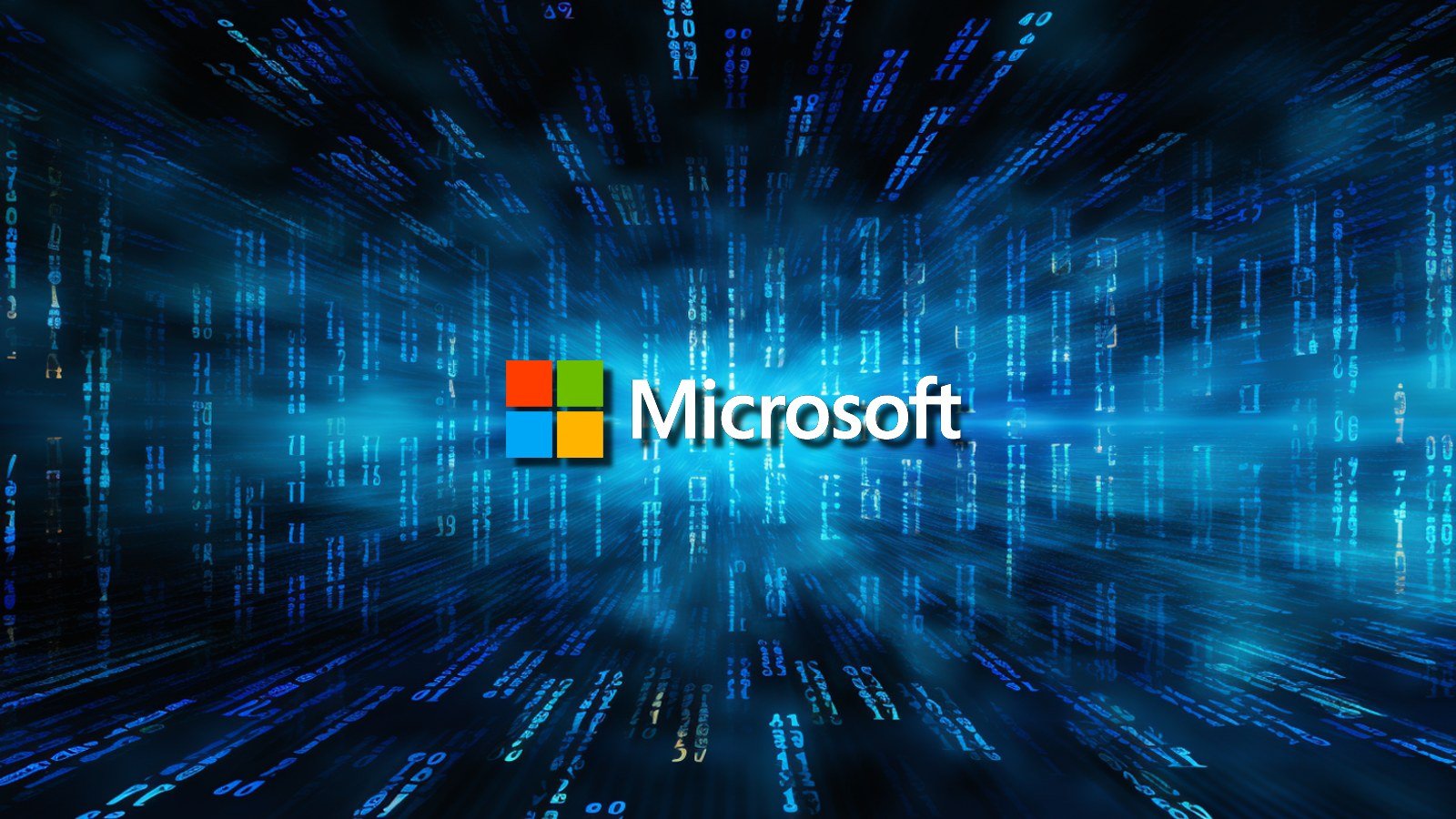
November 2, 2023 at 11:04AM
Microsoft has announced the ‘Secure Future Initiative’ to improve the security of its products and protect customers from cybersecurity threats. The initiative will focus on AI-based cyber defenses, software engineering advancements, and advocating for stronger international norms. Microsoft plans to prioritize secure defaults, implement a unified identity system, and enhance vulnerability response and cloud security updates. Executives are committed to taking action and emphasize the shared responsibility between tech companies and governments in achieving a more secure future.
Microsoft has announced the ‘Secure Future Initiative’, which will focus on improving the built-in security of its products and platforms to better protect customers against escalating cybersecurity threats. This significant commitment aims to enhance customer security by addressing immediate concerns and anticipating future challenges posed by increasingly sophisticated attacks worldwide. The initiative comes in response to the alarming speed and complexity of cyberattacks targeting organizations and individuals globally in recent years.
The initiative will have three pillars. First, Microsoft plans to use automation and artificial intelligence (AI) to transform software development, delivering software that is secure by design and default. They will also prioritize secure defaults to ensure optimal protections for users out-of-the-box. Second, Microsoft will implement a unified identity system to streamline the management and verification of user, device, and service identities, bolstering security across all products and platforms. Lastly, Microsoft aims to enhance vulnerability response and speed up the release cycle for cloud security updates by reducing the time to address cloud vulnerabilities by 50 percent.
Microsoft’s Digital Crimes Unit has been monitoring advanced ransomware-as-a-service affiliates, and ransomware attempts have surged by over 200 percent since September 2022. Password-related attacks have also spiked dramatically, increasing more than tenfold compared to the same period in 2022.
The company’s Executive Vice President for Microsoft Security, Charlie Bell, emphasized the transparent approach of the initiative, with key milestones communicated along the way. Microsoft aims not only to address current threats effectively but also to lay down a solid foundational framework to mitigate future risks.
Microsoft President Brad Smith stressed that cybersecurity is a shared responsibility, with both tech companies and governments needing to do more. By coming together, steps can be taken to provide the world with a more secure future.